Today, the biggest news comes from Azerbaijan.
Here, Azerbaijan started sending demining equipment to Ukraine for civilian use, which Russia immediately saw as betrayal and is now escalating toward open military confrontation. What began as a humanitarian gesture has sparked a wave of Russian threats, with state news agencies openly denying Azerbaijan’s statehood and the army moving troops toward the border in preparation for a possible two-front war in the Caucasus.

Recently, Azerbaijan has sent a domestically produced military system to Ukraine: the Vozrohdeni-P, a demining machine designed to clear mines in already liberated Kherson and Kharkiv regions. Cooperation falls under humanitarian demining efforts, and both governments have described the delivery as a combined civilian protection initiative.


The broader message is clear: amid rising tensions with Russia, the Azerbaijani government and population now lean more openly toward alignment with Ukraine. The aid is not designed to breach Russian defenses or help Ukrainian forces break through minefields; it is intended for the clearance of mines in towns retaken from Russia, with approximately 139,000 square kilometers remaining hazardous.


That distinction matters, but to Moscow, it makes little difference; any aid to Ukraine is treated as an act of hostility.

Russian state-linked media outlets have begun comparing Azerbaijan to Ukraine, calling both ‘’artificial constructs’’ born out of the Soviet collapse. These narratives openly dismiss Azerbaijan’s historical legitimacy and echo the same ideological framing used in justification for the full-scale invasion of Ukraine. Kremlin-linked analysts have also resurrected debates around ethnic minorities in Azerbaijan, particularly the Lezgins, as part of a growing information campaign aimed at questioning the internal cohesion of the Azerbaijani state and stoking domestic tensions. In Russian state discourse, sovereignty is granted only to those who remain loyal, and Azerbaijan, by aiding Ukraine, has now crossed a line that Moscow does not tolerate. The decision to support Ukraine, however humanitarian, has placed Azerbaijan in the same category as Georgia, Moldova, and Ukraine: former Soviet republics now being treated as potential adversaries.

While Russians are questioning the legitimacy of an Azerbaijani state, Russia is reinforcing its military footprint in Armenia, with troops being deployed to the Russian Gyumri base from Rostov, Volgograd, and Crimea, serving two purposes at once. Firstly, it pressures Armenia not to leave the Russian orbit, despite Prime Minister Nikol Pashinyan’s recent criticism and intent to leave the Russian alliance, the Collective Security Treaty Organization.

Secondly, it positions Russian forces for a two-pronged strike on Azerbaijani territory, guarded in the north and west by extensive mountain ranges. The message is clear: any attempt by Azerbaijan or Armenia to deepen their ties with the West, or further support Ukraine, will be treated as a threat to Russian regional dominance. While Armenia has so far not exited the alliance, the Kremlin is preparing for a scenario where it must militarily enforce its influence, even if it means using Armenia as a forward operating base against Azerbaijan, essentially taking the country of Armenia hostage.

Inside Azerbaijan, the media landscape is already shifting. State news agency Azertag has begun publishing stories about Russian war crimes in Ukraine, highlighting atrocities committed in Bucha and other liberated towns. Local outlets have picked up the same tone, running pieces about Russian drone and missile strikes on civilian targets in cities, framing the conflict as a Russian war against humanity and Ukrainian statehood.

This marks a sharp turn, as while Azerbaijani media has never been explicitly pro-Russian, the current surge in coverage signals a broader alignment of public sentiment towards the West. With this shift, the groundwork is being laid for even closer cooperation with Ukraine, possibly including further arms transfers or intelligence sharing. Foreign ministries in both countries have already begun coordinating on humanitarian demining, and the Ukrainian ambassador has publicly thanked Baku for its support while condemning Russian interference.

Overall, what is unfolding is not just a diplomatic spat, but the start of a deeper realignment in the post-Soviet world. Azerbaijan’s cautious step toward Ukraine, delivering humanitarian demining equipment, has triggered a disproportionate Russian reaction that exposes the Kremlin’s growing insecurity. Moscow has responded by denying Azerbaijani statehood, weaponizing ethnic narratives, and quietly reinforcing its military presence near the border. This is no longer just about Karabakh or regional gas politics. Russia is preparing for a new front, trying to retain its influence across the South Caucasus and force other former Russian allies to choose between neutrality or military confrontation.



.jpg)
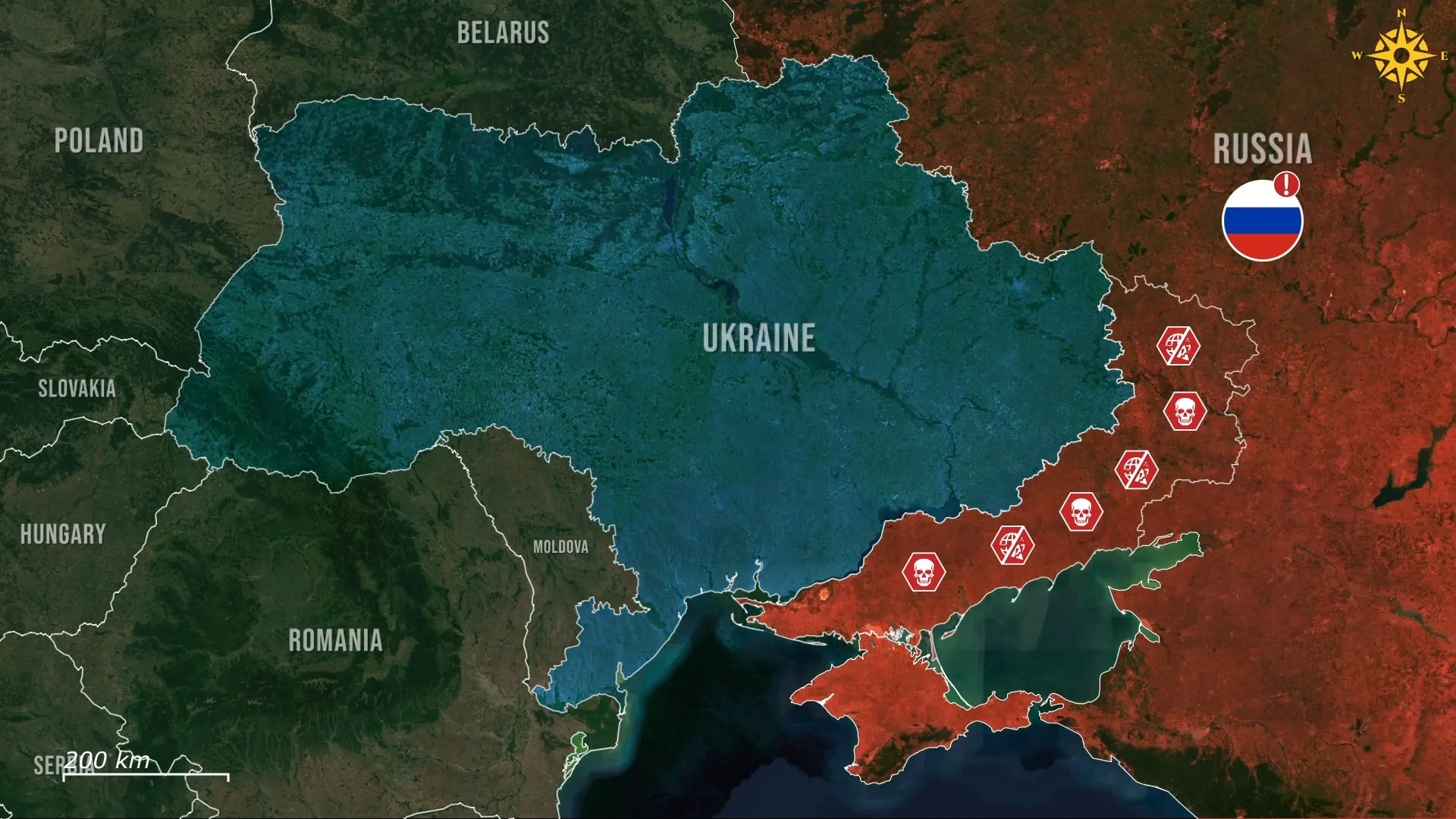
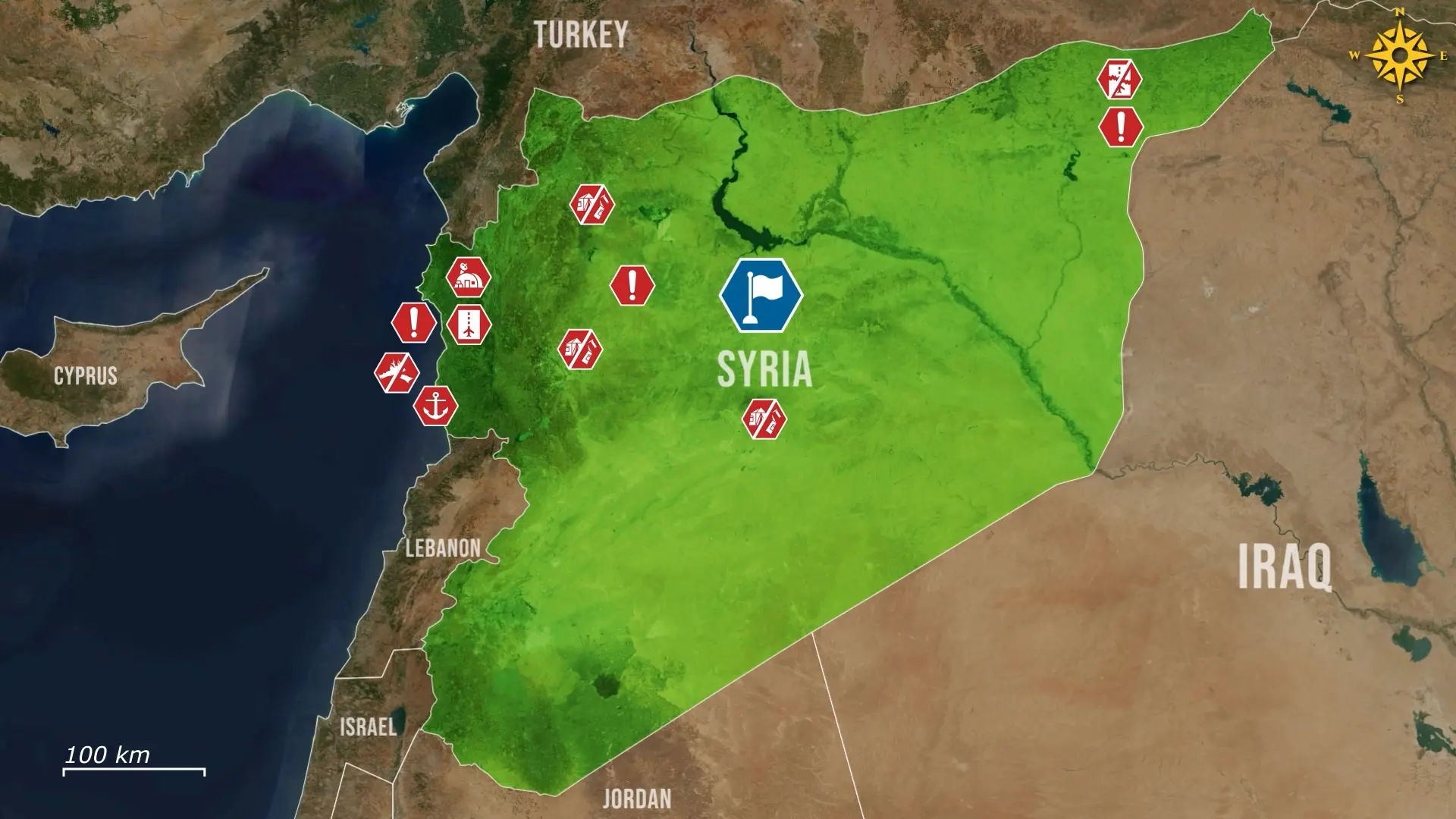
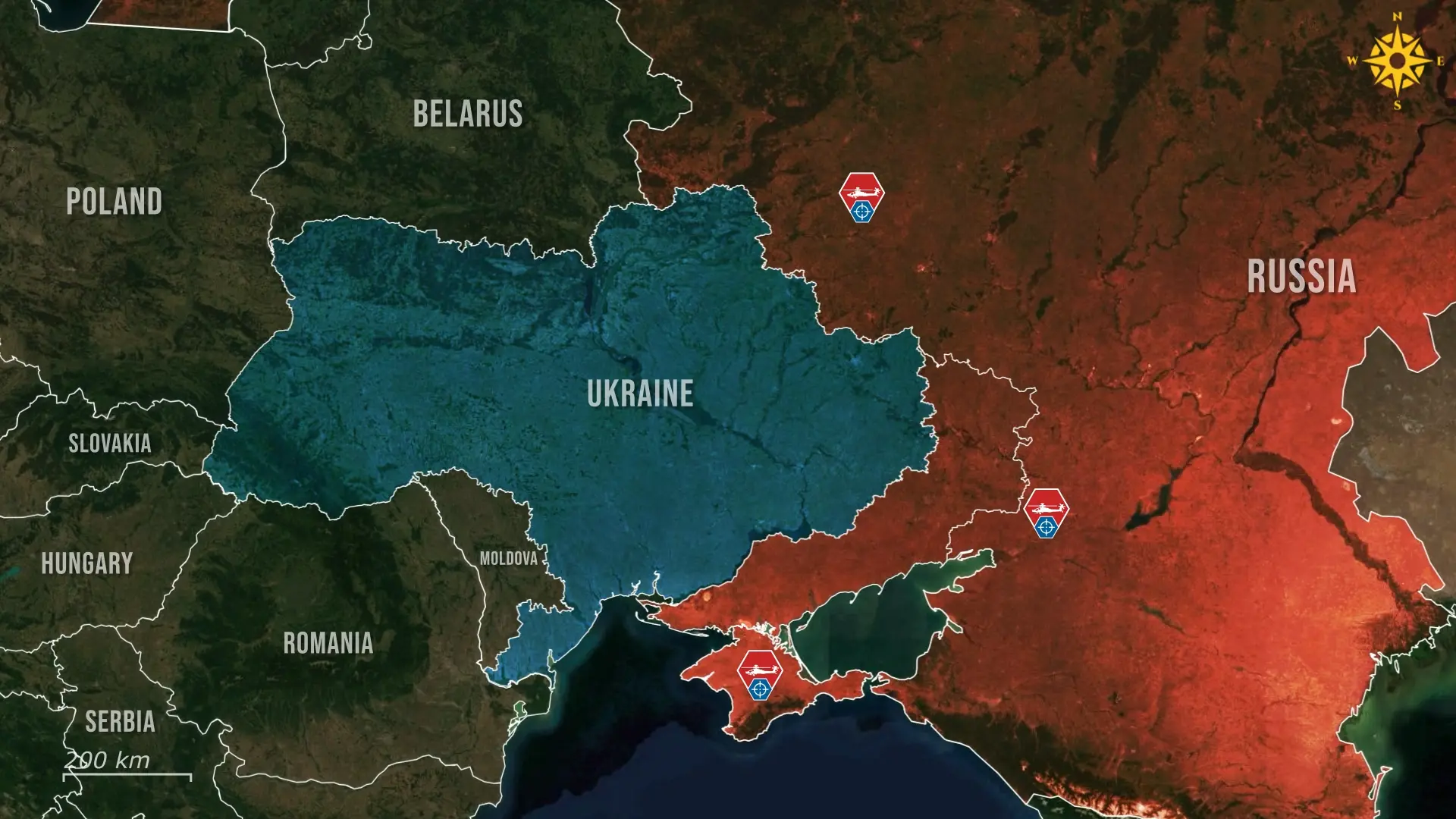
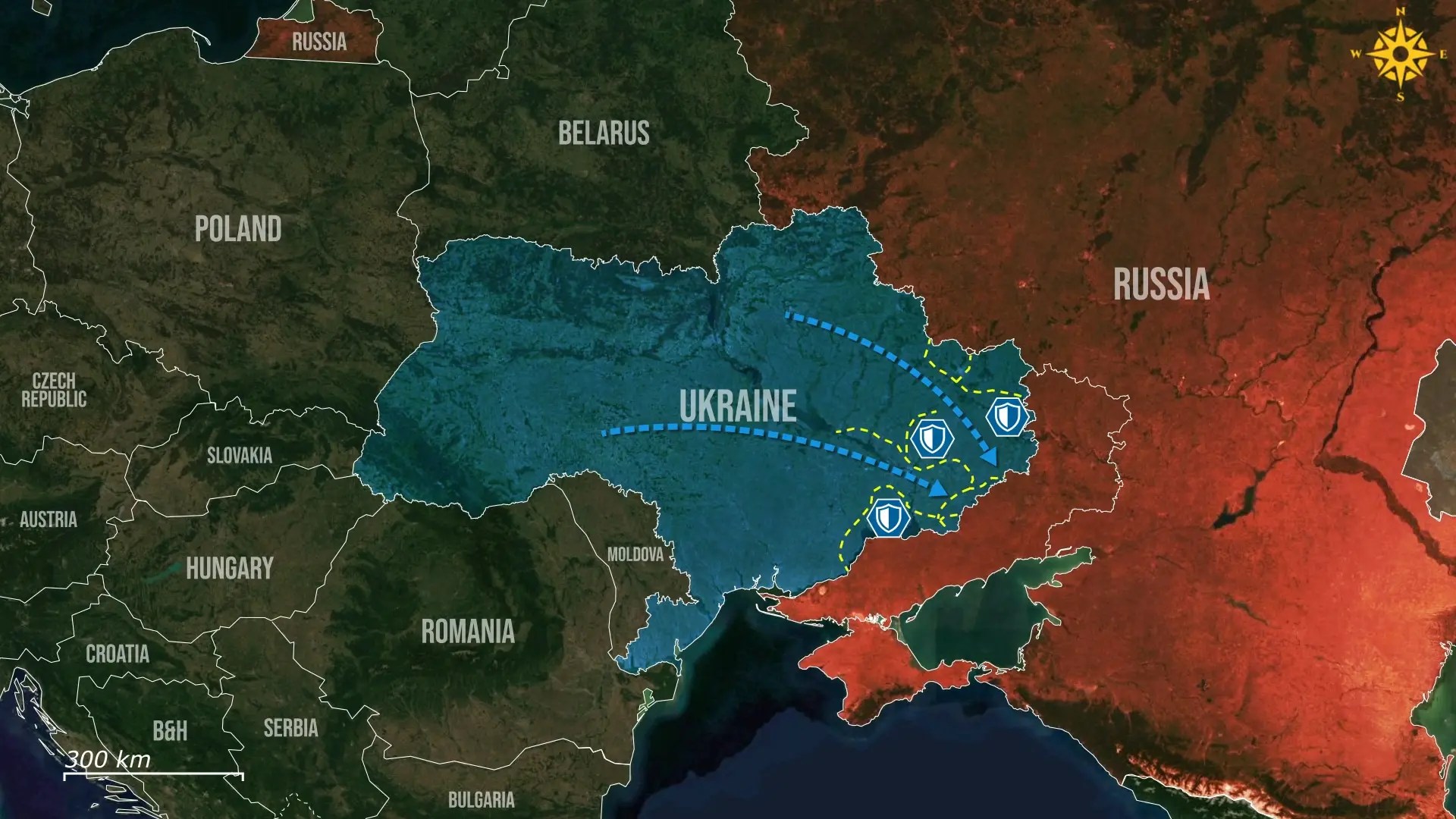
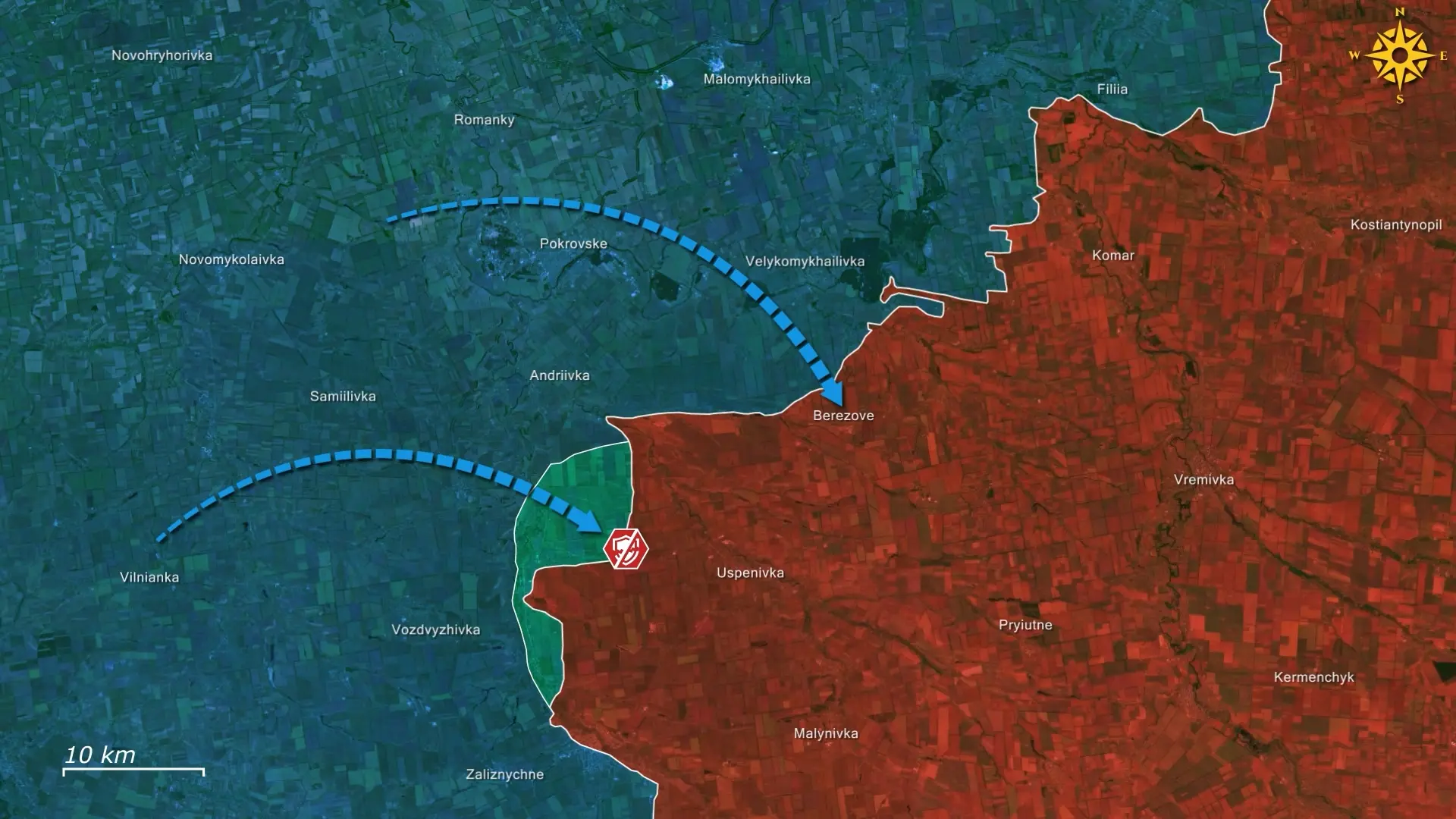
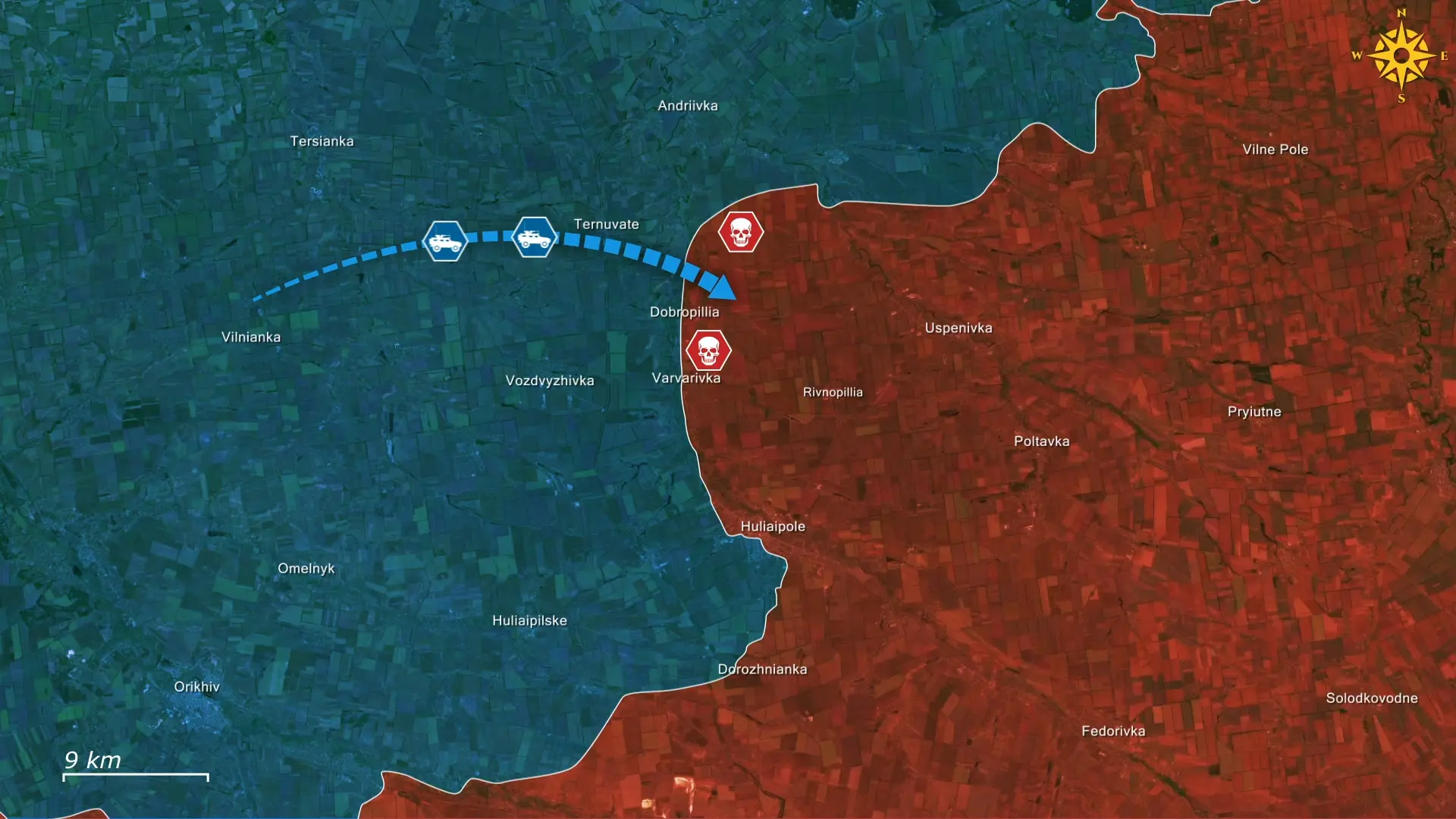
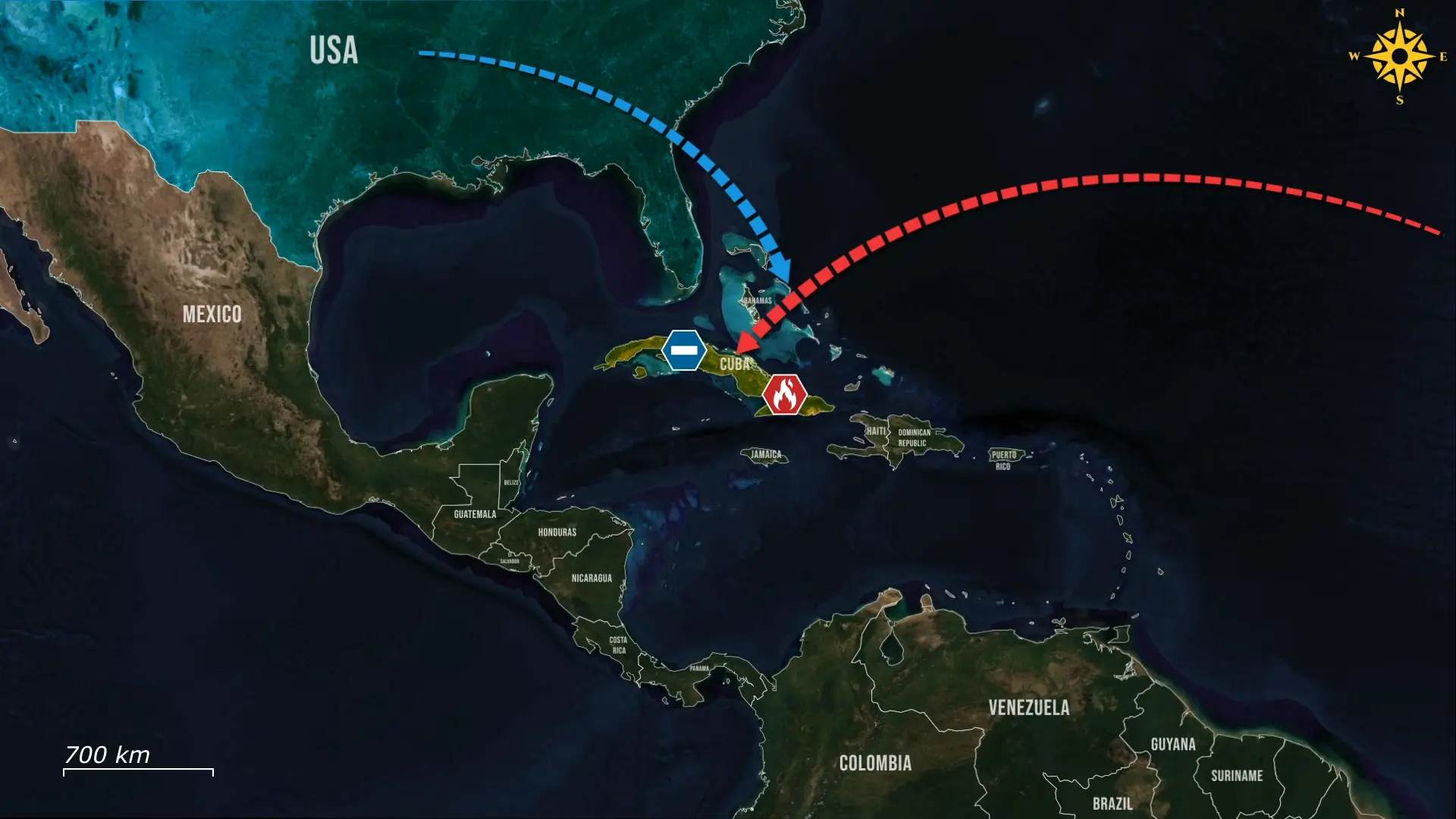
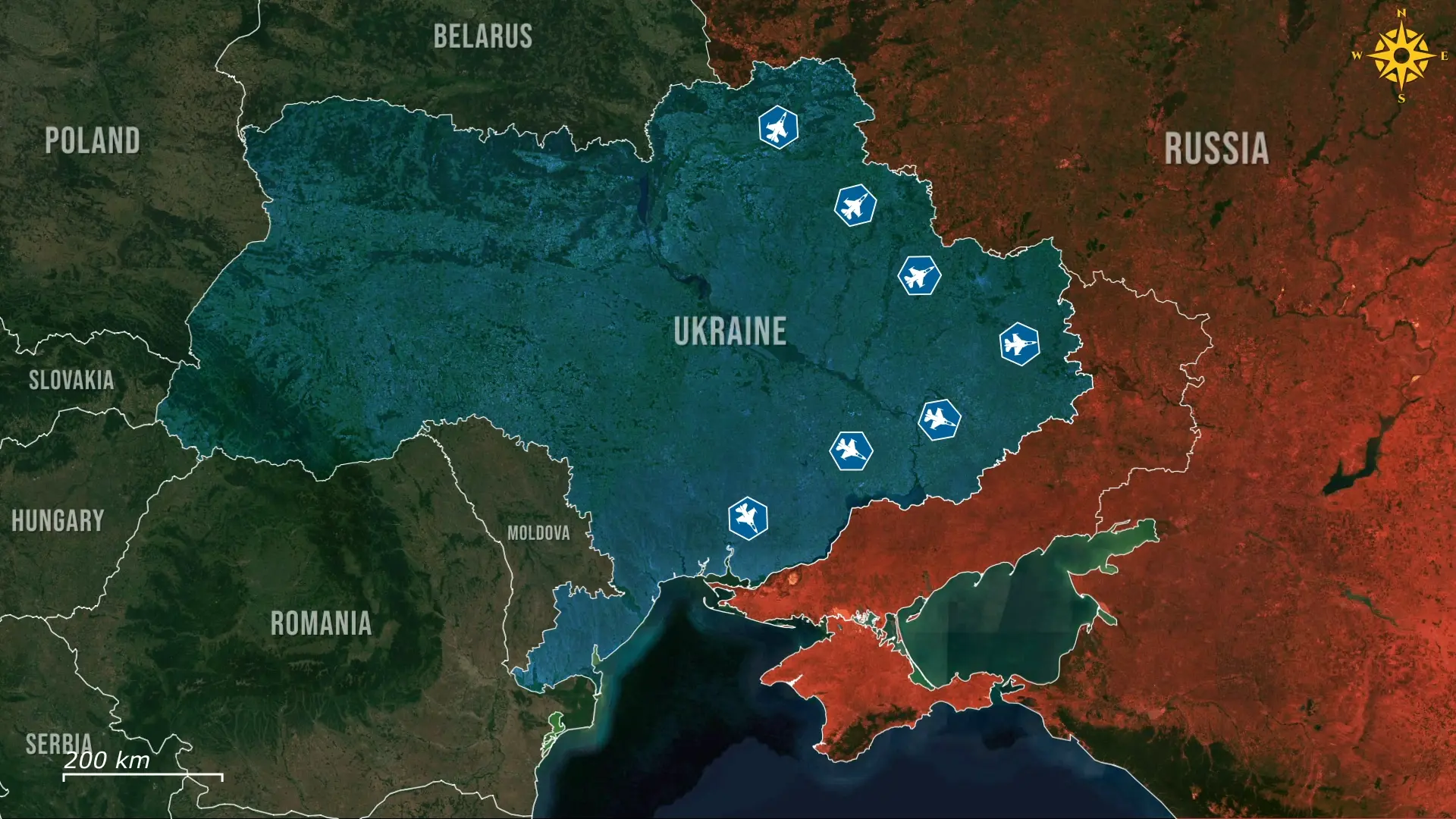
Comments